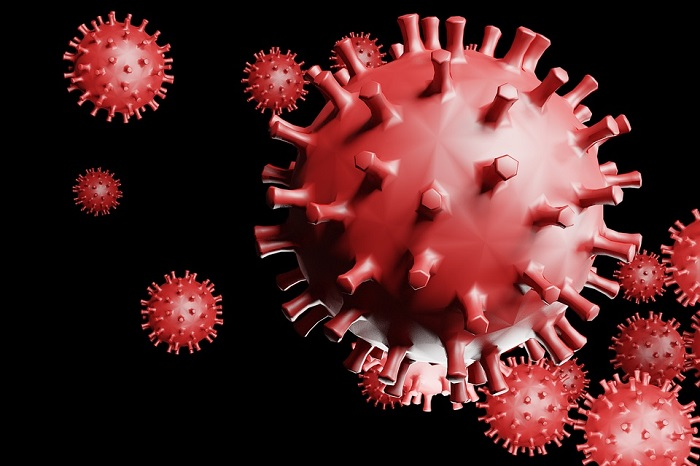FINDINGS

Credit: Pixabay
FINDINGS
New UCLA research finds that 30% of people treated for COVID-19 developed Post Acute Sequelae of COVID-19 (PASC), most commonly known as “Long COVID.” People with a history of hospitalization, diabetes, and higher body mass index were most likely to develop the condition, while those covered by Medicaid, as opposed to commercial health insurance, or had undergone an organ transplant were less likely to develop it. Surprisingly, ethnicity, older age, and socioeconomic status were not associated with the syndrome even though those characteristics have been linked with severe illness and greater risk of death from COVID-19.
Of the 309 people with long COVID studied, the most persistent symptoms were fatigue and shortness of breath (31% and 15%, respectively) in hospitalized persons, and loss of sense of smell (16%) in outpatients.
BACKGROUND
The incidence and risk factors of Long COVID, and even how to define the syndrome, have remained unclear throughout the pandemic. The researchers sought evaluate its association with demographics and clinical characteristics in order to devise the most effective treatments.
METHOD
The UCLA researchers studied 1,038 people who were enrolled in the UCLA COVID Ambulatory Program between April 2020 and February 2021. Of those, 309 developed Long COVID. A person was determined to have the syndrome if they reported persistent symptoms on questionnaires 60 or 90 days after infection or hospitalization.
Potential weaknesses in the study include the subjective nature of how patients rated their symptoms, the limited number of symptoms the researchers evaluated, and limited information about patients’ pre-existing conditions.
IMPACT
“This study illustrates the need to follow diverse patient populations longitudinally to understand the Long COVID disease trajectory and evaluate how individual factors such as pre-existing co-morbidities, sociodemographic factors, vaccination status and virus variant type affect type and persistence of Long COVID symptoms,” said Dr Sun Yoo, health sciences assistant clinical professor at David Geffen School of Medicine at UCLA and medical director of the Extensivist Program. “Studying outcomes in a single health system can minimize variation in quality of medical care. Our study also raises questions such as: Why were patients with commercial insurance twice as likely to develop Long COVID than patients insured through Medicaid? Because persistent symptoms can be subjective in nature, we need better tools to accurately diagnose Long COVID and to differentiate it from exacerbations of other emerging or chronic conditions. Finally, we need to ensure equitable access to outpatient Long COVID care.”
AUTHORS
Additional study authors are Dr. Teresa Liu, Yash Motwani, Myung Sim, Dr. Nisha Viswanathan, Dr. Nathan Samras, Dr. Felicia Hsu, and Dr. Neil Wenger of UCLA.
Journal
Journal of General Internal Medicine
DOI
10.1007/s11606-022-07523-3
Method of Research
Observational study
Subject of Research
People
Article Title
Factors associated with post-acute sequelae of SARS-CoV-2 (PASC) after diagnosis of symptomatic COVID-19 in the inpatient and outpatient setting in a diverse cohort
Article Publication Date
7-Apr-2022




